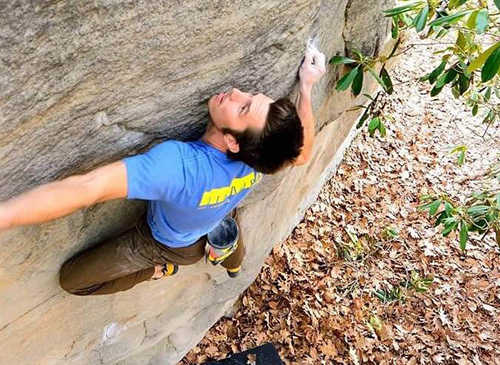By Cara Aungst
 Photo: Unsplash.com
Photo: Unsplash.com
In May, the U.S. Surgeon General released a report on the national epidemic of “loneliness and isolation.” The report describes the very real health risks associated with loneliness; people who do not have social connections face the same risk of death as people who smoke 15 cigarettes daily. According to the report, for example, loneliness is associated with a 29% higher risk of heart attack and 32% higher risk of stroke. But there is a cure, according to the Surgeon General: “Our relationships are a source of healing and well-being hiding in plain sight – one that can help us live healthier, more fulfilled, and more productive lives.”
The biggest lesson we learned is that it isn’t wealth, fame or hard work that matters. Good relationships keep us healthier and happier. Period.
In a word, the cure to this deadly epidemic is friendship. But combatting loneliness and creating strong friendships is easier said than done. Robert Waldinger, a professor of psychiatry at Harvard, is the fourth director of the longest-running study of adult life which explores the question: “What keeps us healthy and happy as we go through life?”
Since 1938, the Harvard Study of Adult Development has been following a group of 724 men through work, home, family and health. “The biggest lesson we learned is that it isn’t wealth, fame or hard work that matters. Good relationships keep us healthier and happier. Period,” Waldinger said. He added that the healthiest 80-year-olds turned out to be the ones who were most connected in their 50s. Those with good relationships had healthier bodies and clearer minds than their counterparts.
Decline of friendships
People who do not have vital connections show marked differences from people with good friends. In Bowling Alone, Robert Putnam posits that participating in even one social organization and forming friendships could cut your odds of dying in the next year in half.
In the United States, friendship is on the decline. In the decades since 1990, the percentage of Americans who say that they have less than three close friends has doubled, going from 16% to 32%. Those reporting no friends at all? That number has risen sharply from 3% to 12%. Thought leader Scott Galloway reports that 1 in 7 men have no close friends at all outside of their family.
As people experience leisure, they decrease their sense of loneliness, increase their quality of life, and improve their health and well-being.
The solution? Look for opportunities to deepen and maintain relationships
John Dattilo, professor of recreation, park and tourism management at Penn State, has spent decades studying leisure. Over his career, he has observed that as people experience leisure, they decrease their sense of loneliness, increase their quality of life, and improve their health and well-being.
In a recent interview with Penn State, Dattilo discussed ways that people might help reduce their loneliness.
Amazement over amusement
“In our society, companies often design products and experiences to amuse people; amusement can pacify, but it does not meaningfully engage people,” he noted. “We should ask ourselves, “What brings me amazement rather than amusement?”
He said that we need to continue to find ways to make human connections. “People who regularly experience leisure with others are likely to have positive social experiences and feel less lonely. This provides social support that is vital to our mental and physical health. When we join a club or attend a social recreation activity — a running club, a martial arts class, a regular coffee shop gathering, a group of people who spend time in nature — we connect with people who share a common interest. These types of experiences are valuable for several reasons, and one is that they create bonds and social connections.”
We should ask ourselves, “What brings me amazement rather than amusement?”
Scott Galloway concurs. “If you’re a young person, you should be outside, at the office, at cafes, in parks, at coworking spaces, gyms, clubs, bars, friends’ living rooms, making connections, risking awkwardness & rejection, forming friendships & work relationships and finding love in real life,” he said, emphasizing that connection is in the real-life interactions of our lives. (watch the video here)
The takeaway?
Friendships not only enrich our lives but are proven to extend our lives and make us healthier while we live it. Find ways to reconnect with old friends, and look for chances to make brand new connections. Your friendships — and your health— will thank you.






